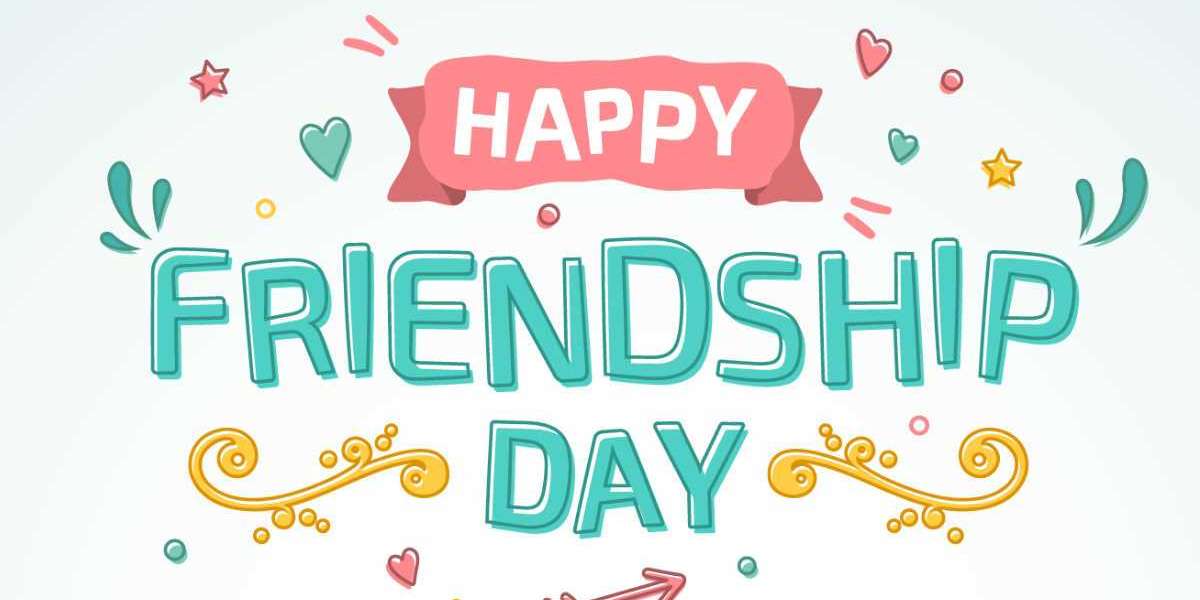Friendship is not just the word but it’s in emotion. The word itself carries a deeper meaning. It cannot be defined by a few lines or phrases. It means different things to different people but for me it about sharing happiness as well as sorrows. Friends are the most precious gift of life. It is said that friendship is the only relations that a person makes on his own. There's no particular time when one will find a true friend. Friendship has no bar of caste, religion or social status it's more like two people meet irrespective of anything and they just happen to have the best time of their live when they are together. Everything with a friend seems to fun. True friendship lasts till death and does not fluctuate from time to time. The essential qualities of good friends are trustworthiness , loyalty and honesty. They are good listeners. They pay close attention to what you are saying. They easily forgive us for our mistakes. Most importantly, good friend value our presence in their life. Good friends are hard to find , harder to leave and impossible to forget.
Throughout life, from grade school to the retirement home, friendship continues to confer health benefits, both mental and physical. But as life accelerates, people’s priorities and responsibilities shift, and friendships are affected, for better, or often, sadly, for worse. The saga of adult friendship starts off well enough. “I think young adulthood is the golden age for forming friendships,” Rawlins says. “Especially for people who have the privilege and the blessing of being able to go to college.”
During young adulthood, friendships become more complex and meaningful. In childhood, friends are mostly other kids who are fun to play with; in adolescence, there’s a lot more self-disclosure and support between friends, but adolescents are still discovering their identity, and learning what it means to be intimate. Their friendships help them do that.
But “in adolescence, people have a really tractable self,” Rawlins says. “They’ll change.” How many band T-shirts from Hot Topic end up sadly crumpled at the bottom of dresser drawers because the owners’ friends said the band was lame? The world may never know. By young adulthood, people are usually a little more secure in themselves, more likely to seek out friends who share their values on the important things, and let the little things be. Perhaps friends are more willing to forgive long lapses in communication because they’re feeling life’s velocity acutely too. It’s sad, sure, that we stop relying on our friends as much when we grow up, but it allows for a different kind of relationship, based on a mutual understanding of each other’s human limitations. It’s not ideal, but it’s real, as Rawlins might say. Friendship is a relationship with no strings attached except the ones you choose to tie, one that’s just about being there, as best as you can.







